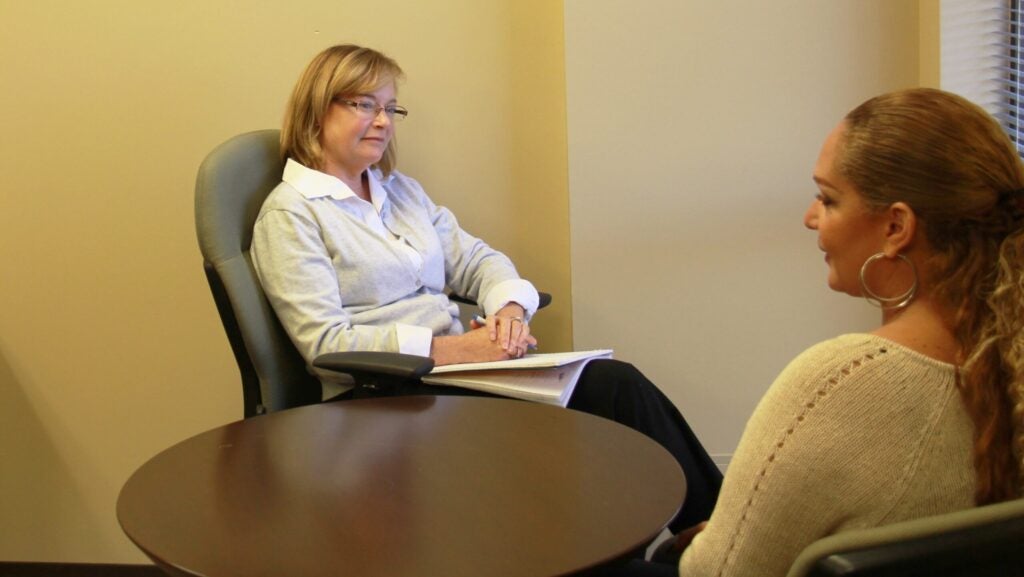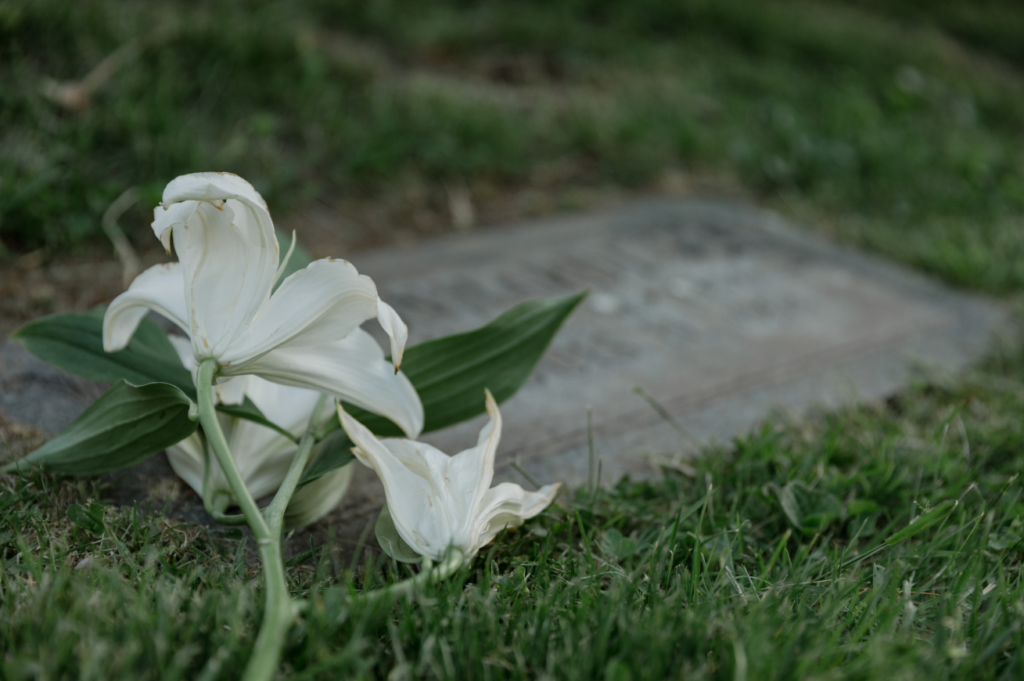

Pope Francis reminds us, “No single act of love for God will be lost, no generous effort is meaningless, no painful endurance is wasted. All of these encircle our world like a vital force” (Evangelii Gaudium, No. 279). This is just one of many reasons Catholic Charities of Central Florida (CCCF) is now working with the Florida Implementation of the National Strategy for Suicide Prevention (FINS) Project.
FINS is a collaborative partnership between the University of Central Florida (UCF), Advent Health, the Statewide Office of Suicide Prevention (SOSP), and the University of South Florida (USF). The very first training, presented April 5, 2019, at CCCF headquarters in Orlando was QPR: Question a person about suicide, Persuade someone to get help, Refer someone to the appropriate resource. It is not counseling, nor treatment. The 3-hour program simply intends to offer hope and is based upon the idea that having the courage to ask difficult questions, might save lives.
QPR training is for everyone: parents, siblings, neighbors, nurses, teachers, clergy, coaches… the list goes on and on. Research shows suicidal thoughts are more common than many people think. Threats and attempts at suicide are less common, but more frequent than we realize. Suicide is a leading cause of death in America and around the world. The QPR program turns students into educated “gatekeepers,” people in position to recognize a crisis and warning signs that someone may be contemplating suicide.
Lindsay Brown, senior regional suicide prevention specialist with the FINS Project, explained, “A gatekeeper has to believe that suicide is preventable. Sometimes I hear, ‘oh if someone’s gonna do it, they’re gonna do it,’ but the research and experience has really shown us there’s a lot we can do. When we really make the time to slow down and check in and tune in, people will share a lot and we learn about what people around us are going through.”
One of the top reasons people hesitate to intervene is they fear talking about suicide, that it will put the idea into someone’s head. “I promise you with 100 percent confidence that it doesn’t work that way, and I’ll tell you why,” said Brown. “Everything in our body is wired for survival: when we’re scared we fight, flight, or freeze. It’s in our blood, it’s in our soul to survive. You can’t override that instinct just by asking a question.”
As Catholics we are called to care for our brothers and sisters. QPR training helps gatekeepers push aside fear, denial, and anger to boldly lean into another person’s pain. Jennifer Drow, senior director of communications for the Diocese of Orlando and CCCF, participated in the training and walked away in deep reflection, but also with a feeling of great relief. “QPR doesn’t expect you to fix anyone,” she said. “Rather, it pushes you to step outside of your comfort zone to be a lifeline to someone in need.”
There is some encouraging news related to this difficult subject matter. Mental health experts say wanting to die is most often a primary symptom of untreated depression, a medical condition for which excellent treatment is available. Also the vast majority of those considering suicide usually reveal some signs of their struggle – verbal, written, or behavioral – before any attempt. “There are definitely high risk groups, but no one’s immune,” Brown explained. “I think we’ve all heard the story of the football star, straight-A student, Mr. Popular who still dies by suicide… so it doesn’t look like any one thing. In the United States, one person dies by suicide every 11 minutes, 129 people per day. That would be like a commercial airliner full of people crashing every day and everyone on the plane dies.”
Statistics reveal most people considering suicide will not reach out for help on their own. They may mask psychological pain with drugs or alcohol. They go undetected, untreated while feeling isolated and trapped. “Gatekeepers must have the strength to open the door, engage those who are suffering and journey with them through their misery no matter how long that takes,” said Drow.
Pope Francis ties it to Catholic teaching: “Sometimes we are tempted to be that kind of Christian who keeps the Lord’s wounds at arm’s length. Yet Jesus wants us to touch human misery, to touch the suffering flesh of others… Whenever we do so, our lives become wonderfully complicated and we experience intensely what it is to be a people, to be part of a people” (Evangelii Gaudium, No. 270).
So watch loved ones for signs of hopelessness, making final arrangements or giving away prized possessions. “Our job is to open our eyes, ears, and hearts to pick up on those signals,” shared Drow. “We must show we care without worrying that our friend or family member might become angry with us for asking the tough question, ‘are you thinking about killing yourself?’” After that, QPR coaches you to listen without interruption.
Just be there no matter how ugly the pain is and accompany that person in their efforts to find a doctor or counselor and get well. “Mental health, like physical health concerns, impacts all people,” explained Catherine Galda, director of behavioral health services of CCCF. “Stigma related to mental health has long kept those who need support from getting the help that they need. Catholic Charities is working to break down the barriers one person at a time. Actions save lives.”
Experts insist that, even if it becomes wearisome and someone you love talks about suicide all the time, every threat must be taken seriously. “It can be frustrating for the people who love them and are trying to help because it feels like ‘attention-seeking’ or it feels like ‘I don’t know how to help you,’ but I try to take that as a sign that we just haven’t met their needs yet,” said Brown. “If they have to go to such an extreme to say that they’re thinking about suicide to be heard, to be seen, then, man, do they need that.” That very idea is reinforced by the Catechism of the Catholic Church: “Every human life, from the moment of conception until death, is sacred because the human person has been willed for its own sake in the image and likeness of the living and holy God” (CCC, No. 2319).
Catholic Charities plans to offer even more in-depth training to professional staff who work directly with at-risk patients and clients. “We have been blessed to provide Mental Health First Aid to hundreds of caring individuals who desire to know how to more comfortably work with individuals dealing with mental health challenges,” said Gary Tester, executive director of CCCF. “This QPR training is the next logical step in learning to come alongside someone who struggles, to provide them hope at a time when there is none.” The agreement with FINS runs through September 2020.
To learn more, click here. If you or anyone you know is having suicidal thoughts, please call 988, 1-800-SUICIDE or 1-800-273-TALK.








